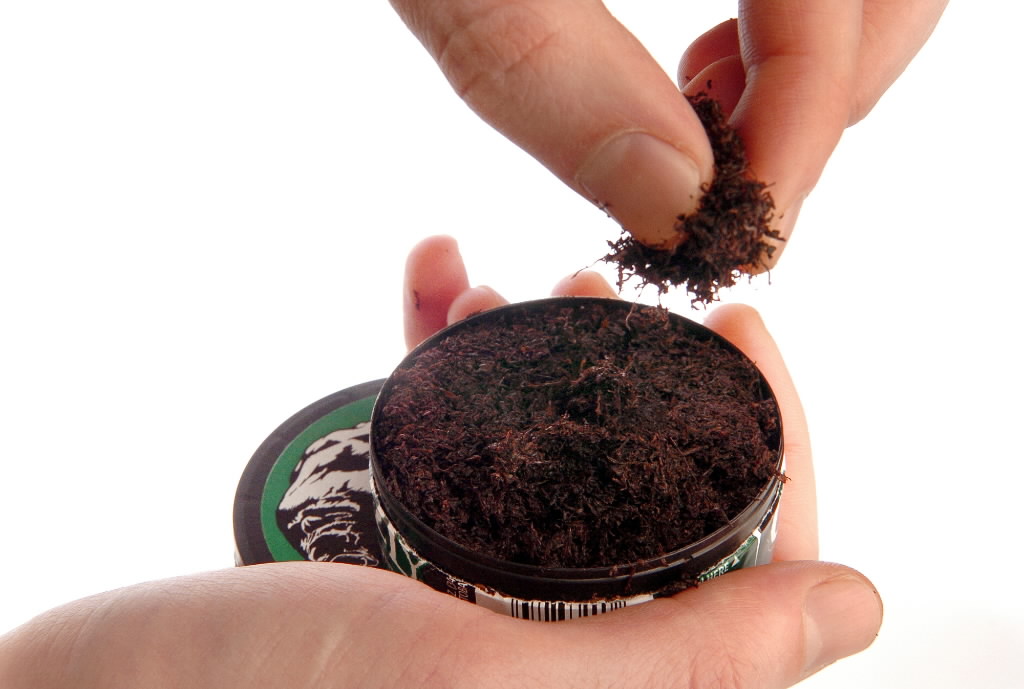High school athletes use smokeless tobacco more than non-athletes

High school athletes smoke tobacco products at a lower rate than non-athletes, but they use smokeless tobacco at a higher rate, according to a new study.
The research shows the use of combustible tobacco products (cigarettes and cigars) dropped dramatically from 2001 to 2013 among all high school students (31.5 percent to 19.5 percent).
During that same time, however, use of smokeless tobacco remained unchanged among non-athletes (5.9 percent) and increased among athletes (10 percent to 11.1 percent), according to the study published in the Centers for Disease Control and Prevention’s weekly report.
The CDC suspects the lower use of cigarettes is the result of athletes knowing smoking can hurt athletic performance.
“The higher use of smokeless tobacco suggests athletes may perceive these products as harmless, socially acceptable, or perhaps even as a way to boost athletic performance,” the CDC said in a news release.
The study revealed a relationship between the number of sports teams on which an athlete plays and his or her tobacco use. Athletes who play on multiple teams use smokeless tobacco more and combustible tobacco less, according to the CDC.
In 2013, the prevalence of smokeless tobacco use was 5.9 percent for students playing on no sports teams, 10.2 percent for those on one team, 11.5 percent for athletes on two teams and 12.5 percent for athletes on three or more sports teams, according to the CDC.
Combustible tobacco use was 21.3 percent, 19.6 percent, 17.1 percent and 15.8 percent among students participating in zero, one, two and three or more teams, respectively.
“We can do more to protect America’s youth from a lifetime of addiction,” said CDC Director Dr. Tom Frieden, in a news release. “The fact is, smokeless tobacco products, such as chewing tobacco, snuff or dip, can cause cancer of the mouth, esophagus and pancreas. And the nicotine in these products is harmful to the developing brain.”
The CDC suggests tobacco-free policies that prohibit all tobacco use by players, coaches, referees and fans on school campuses and public recreational facilities might help make smokeless tobacco use less socially acceptable and reduce its use among student athletes.
